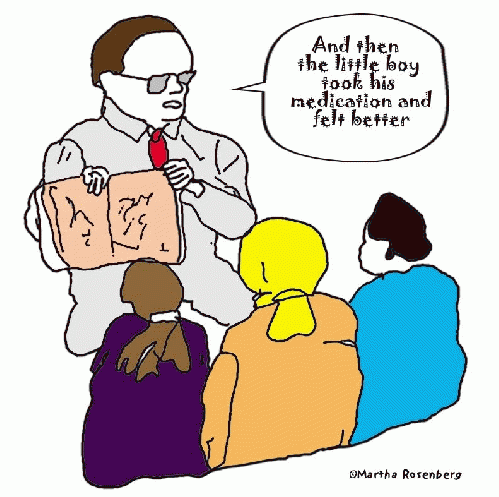Another group widely viewed as a Pharma front is the American
Foundation for Suicide Prevention, dedicated to stamping out suicide caused by
deficiencies of the drugs it promotes. Suicide prevention is a knee-jerk
marketing tool for Pharma even though suicides are rising, not
falling, despite the 400 percent increase
in its heavily promoted antidepressants; it now accounts for 36,000 deaths a
year. Hello?
The American Foundation for Suicide Prevention received $100,000 from Eli
Lilly in 2011 and $50,000 in 2012 and
was led for a time
by psychiatrist Charles Nemeroff who left Emory University in disgrace after
Congress found he failed to disclose at
least $1.2 million in Pharma income to Emory.
In fact, the prevention group is well funded enough, it makes its own donations, Pharma fashion. It gave
between $10,000 and $24,000 to the University of Illinois at Chicago College of Medicine, along with Paxil-maker
GSK, according to the spring 2008 UIC Medicine magazine.
Another iffy group is the National Council for Community Behavioral
Healthcare, described as "a
non-profit association representing 1,300 mental health and addictions
treatment and rehabilitation organizations," on its website but taking at
least a half a million dollars in Pharma grants. In 2010, the Council received $190,000, from Eli Lilly and
$500,000 from AstraZeneca. Nice non-profit work if you can get it. The previous
year the group received
funding from AstaZeneca and Bristol-Myers
Squibb, according to its magazine.
No wonder the Council pushes Mental Illness Awareness Week, Suicide
Prevention and the lucrative idea that
addiction is "a treatable chronic medical condition, similar to diabetes
or heart disease," in its National Council magazine.
Ka-ching.
Finally, there is the three-year-old American Professional Society
of ADHD and Related Disorders (APSARD), the first international organization
based in the U.S. to focus exclusively on ADHD. "APSARD will offer a range
of services including a comprehensive website, an annual scientific meeting, a
quarterly peer-reviewed journal, and the development of guidelines that address
diagnosis, assessment and treatment of ADHD across the lifespan," promises
its first press
release without mentioning that Eli
Lilly will fund its
newsletters* and 2010 conference. Oops.
(Note: You can view every article as one long page if you sign up as an Advocate Member, or higher).






